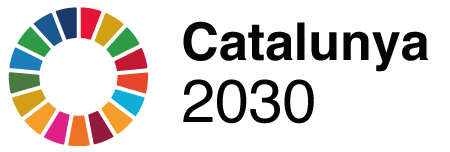Access to materials in Catalan pending final review
Freedom from coercion, violence, and abuse
Freedom from coercion, violence, and abuse. WHO QualityRights core training: Mental health and social services
Recovery and the right to health
Recovery and the right to health. WHO QualityRights core training: Mental health and social services
Legal capacity and right to decide
Legal capacity and right to decide. WHO QualityRights core training: Mental health and social services
Mental health, disability, and human rights
Mental health, disability, and human rights. WHO QualityRights core training: For all services and all people
Human rights
Human rights. WHO QualityRights core training: For all services and all people
Recipients
In first person
- Persons with disabilities (psychosocial, intellectual, and cognitive, including dementia) and those who are or have been users of mental health and social services
Service providers
- Managers of mental health and social services, mental health experts, and other specialties in the field of medicine (practitioners and nursing), geriatrics, psychology, occupational therapy, social work, community support, personal assistance, peer support, and volunteering
- People who work in the field of social services and mental health or who prov
Goals
- To build the capacity for combating stigma and discrimination as well as promoting human rights and recovery
- To improve the quality and human-rights-related conditions in mental health and social services
- To create community-based services and recovery-oriented services that respect and promote human rights
- To support the development of a civil society movement for conducting advocacy and influence policy-making
- To reform national policies and legislation in accordance with CRPD and other international human rights standards
The UNIC project aims to develop, test and validate innovative tools that facilitate the implementation of innovative financing models based on the concept of personal budgets. Moreover, the UNIC project will offer tools to public authorities in order to address the comprehensive reform of long-term care and support systems by consolidating user-centred funding systems and models.
UNIC - Projecte


It takes part in the recruitment of young people benefiting from the Youth Guarantee Programme in Catalonia, in accordance with Order TSF/115/2018 of 12 July.
The programme is financed by the Youth Employment initiative and the European Social Fund, with a co-financing of 91.89%.
Foundations Register 1817. Register Department of Work, Social Affairs, and Families of the Government of Catalonia S05710.
Support-Girona is registered in the Register of Interest Groups of the Catalan Government Administration and the Public Sector. Identification number 315.
Municipal Register of Entities (Girona City Council) with number EH3234.
Census of Voluntary Entities of Catalonia 001907-000.











